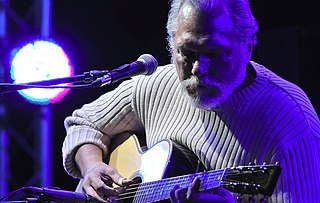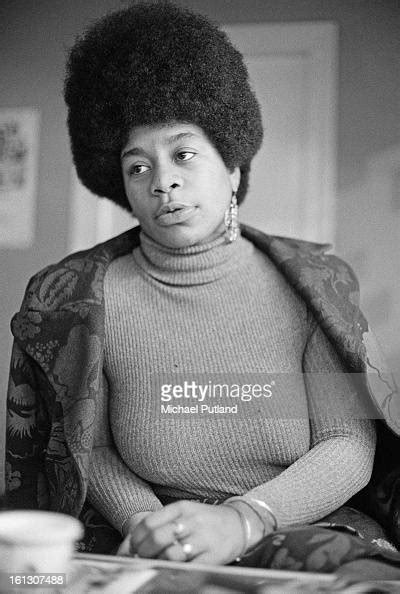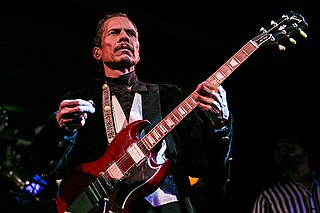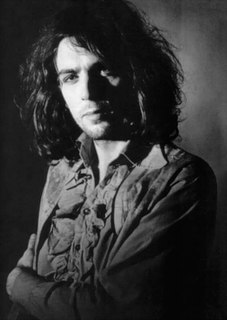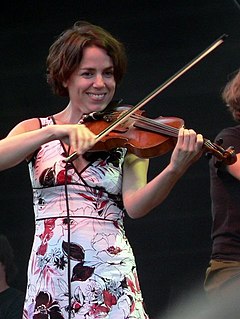A Quote by Raftaar
While writing a normal song, we just pen four lines and then we have a chorus and some lines again. But rap is about storytelling and requires extra effort to write.
Related Quotes
I started with the chorus of that song, kind of like a fun bouncy thing to play, and then one of the lines popped up: 'I got things to do today, people to see, things to say.' I wrote about a dozen verses for it, but no song needs to be that long unless you're Bob Dylan. So when we recorded it I started to tear it down to some of the lines I thought were the funniest.
I don't write as much now as I used to, but I write. The lines still come, maybe periodically, and I'll go through these little bursts of time where I write a lot of things then a long period of time where maybe I don't write anything. Or these lines will come into my head and I'll write 'em down in a little book, just little sets of lines, but I won't try to make stories or poems out of them. I'm doing a lot of that now, just the lines.
[Barack] Obama can draw lines for himself and his country, not for other countries. We have our red lines, like our sovereignty, our independence, while if you want to talk about world red lines, the United States used depleted uranium in Iraq, Israel used white phosphorus in Gaza, and nobody said anything. What about the red lines ? We don't see red lines. It's political red lines.
I have a notebook that I take with me everywhere. I free-write in it when there are situations that I know I can write a song about. I will just start writing everything that I can think of while trying to write some things that are kind of poetic or sound like they could be in a song. Then, after the music is written, I go back and look at my subjects to see which one I think woud go with what music. Then, I formulate it into a melody and get the song.
Advice? Focus on the craft. Study the greats. Try and understand how and why they made the writing choices they did. Then, start by copying them...just as an exercise. See if you can do similar things. Learn how to write a song like so and so. Then, when you've done that, write a song like yourself. Learn to color within the lines before going outside them.
Sometimes I'll hear some music in my head or I'll go to the piano and mess around and come up with a tune, or be on the guitar and come up with some chords - or I'll come up with lines, or just some words, or just a sentence. It could be the title of a song. I do that all the time. I write titles of songs a lot. And sometimes I'll end up writing a song that I don't have a title for and I'll say, "Oh, this goes with that title".
One of the things that's pretty unique about nu shu, when you look especially at these old letters and stories that have been saved, is that there are certain lines that are very standard that are used again and again. It's almost like a formula in a sense, so that these certain lines come up again and again.
I didn't know how write a song, (verse, chorus, verse, chorus, bridge, chorus, bridge, verse), etc., and I didn't know how to write lyrics, so that's when I thought, well, I don't have to write a song with all those verses and choruses or lyrics. I can just sing everything the way I want to. So I sang all the instruments with my voice and just went with it.
As soon as I start to write I'm very aware, I'm trying to be aware that a reader just might well pick up this poem, a stranger. So when I'm writing - and I think that this is important for all writers - I'm trying to be a writer and a reader back and forth. I write two lines or three lines. I will immediately stop and turn into a reader instead of a writer, and I'll read those lines as if I had never seen them before and as if I had never written them.

